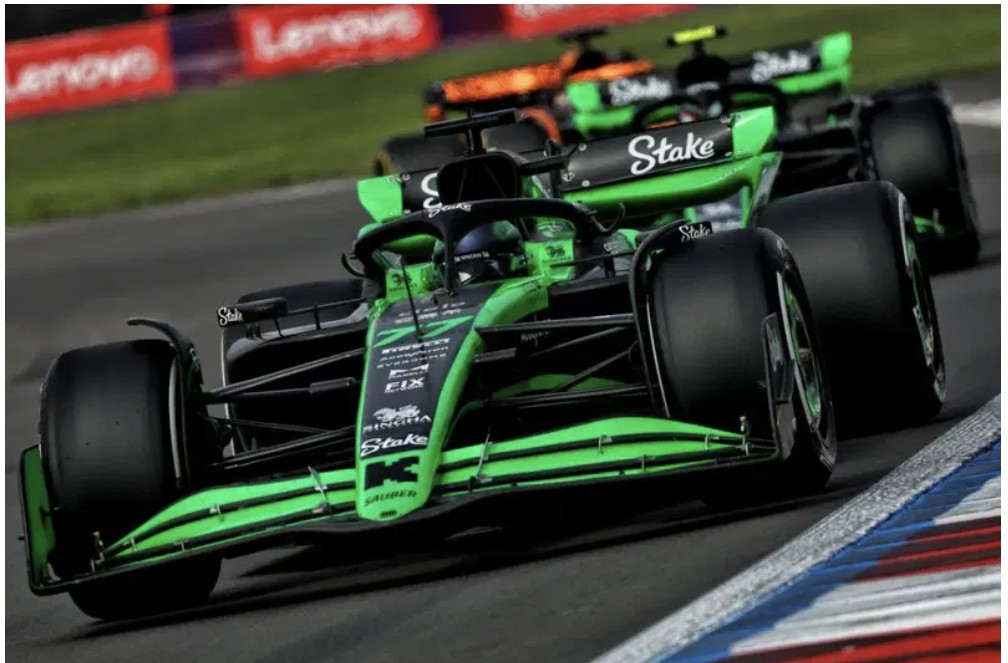- Audi has reduced its F1 position by selling a significant holding in the organisation to the Qatar Investment Authority.
It’s understood the QIA has purchased a 30 percent holding in the Swiss-based operation.

It’s understood the QIA has purchased a 30 percent holding in the Swiss-based operation.
Currently competing as Sauber, it was fully acquired by Audi this year after sharing its interests with former owner Finn Rausing.
Last year, Sauber was valued at $815 million by Forbes, a figure that will have only risen given the new ownership and investment the operation has received.
It’s therefore likely the 30 percent investment by QIA represents an injection of around $300 million, with a team valuation of around $900 million.
A split ownership model between Audi and QIA would not be unique in the pit lane.
Mercedes operates with three owners, each holding a third in the organisation (Toto Wolff, Ineos, and Mercedes-Benz).
McLaren, too, has a split ownership model between McLaren Group and MSP Sports Capital.
It’s an approach often used as a means of raising capital and, given the current surge in team valuations, can be highly profitable for the investor.
Suggestions QIA would invest in Audi have been circulating for some time.
It is a logical extension to an existing relationship between the pair.
QIA became the third-largest shareholder in Volkswagen Group in 2009 with a 17 percent holding.
A move into F1 with the brand therefore makes sense sense as a means of raising capital without additional cost to Audi itself, and a potentially lucrative investment for QIA.
It has also been suggested that there is a degree of buyer’s remorse at Ingolstadt regarding the interest in F1, with a number figures central to the project having departed the organisation or having been moved on.
That includes Andreas Seidl, poached from McLaren to head the organisation as its CEO but ousted for ex-Ferrari team principal Mattia Binotto.
At the same time, Oliver Hoffmann also left the organisation. Only a few months earlier, Markus Duesmann departed.
Hoffmann and Duesmann were strong early supporters of the Audi F1 project, the pair representing the brand when it was launched to the world’s press at the 2022 Belgian Grand Prix.
Audi will only take up naming rights of the car from 2026, with the organisation to continue under the Sauber banner until then.
Following this season, it will part ways with Valtteri Bottas and Zhou Guanyu, with Nico Hulkenberg and Gabriel Bortoleto set to drive for the squad for the next two seasons.
A formal announcement of the QIA relationship is expected later today.